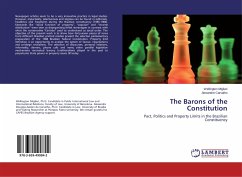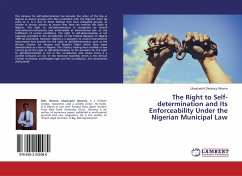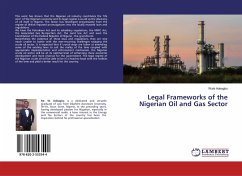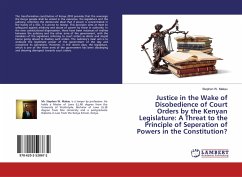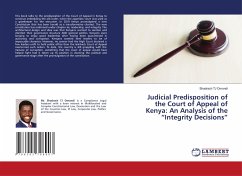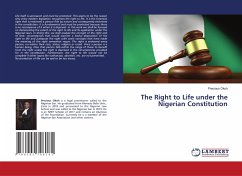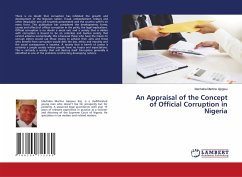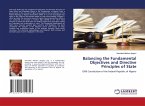Newspaper articles seem to be a very innovative practice in legal studies. However, impartiality, selectiveness and stigmas can be found in editorials, headlines and fragments during the Brazilian constituency (1985-1988). Keywords like "social function of property", "popular" and "income distribution" were seen as disorganising leftist stereotypes in contrast with what the conservative "Centrão" used to understand as social order. The objective of the present work is to show how forty-seven pieces of news from different Brazilian printed medias praised the selective parliamentary preparation of the 1988 Brazilian Federal Constitution. Property limit definition is an opportunity to analyse the system of favour, negotiations and privilege revivalisms. The selection of discourses, personal relations, informality, dinners, phone calls and many other parallel legislative mechanisms renovated barony traditionalisms played in the past to perpetuate State power in property issues till today.
Bitte wählen Sie Ihr Anliegen aus.
Rechnungen
Retourenschein anfordern
Bestellstatus
Storno

